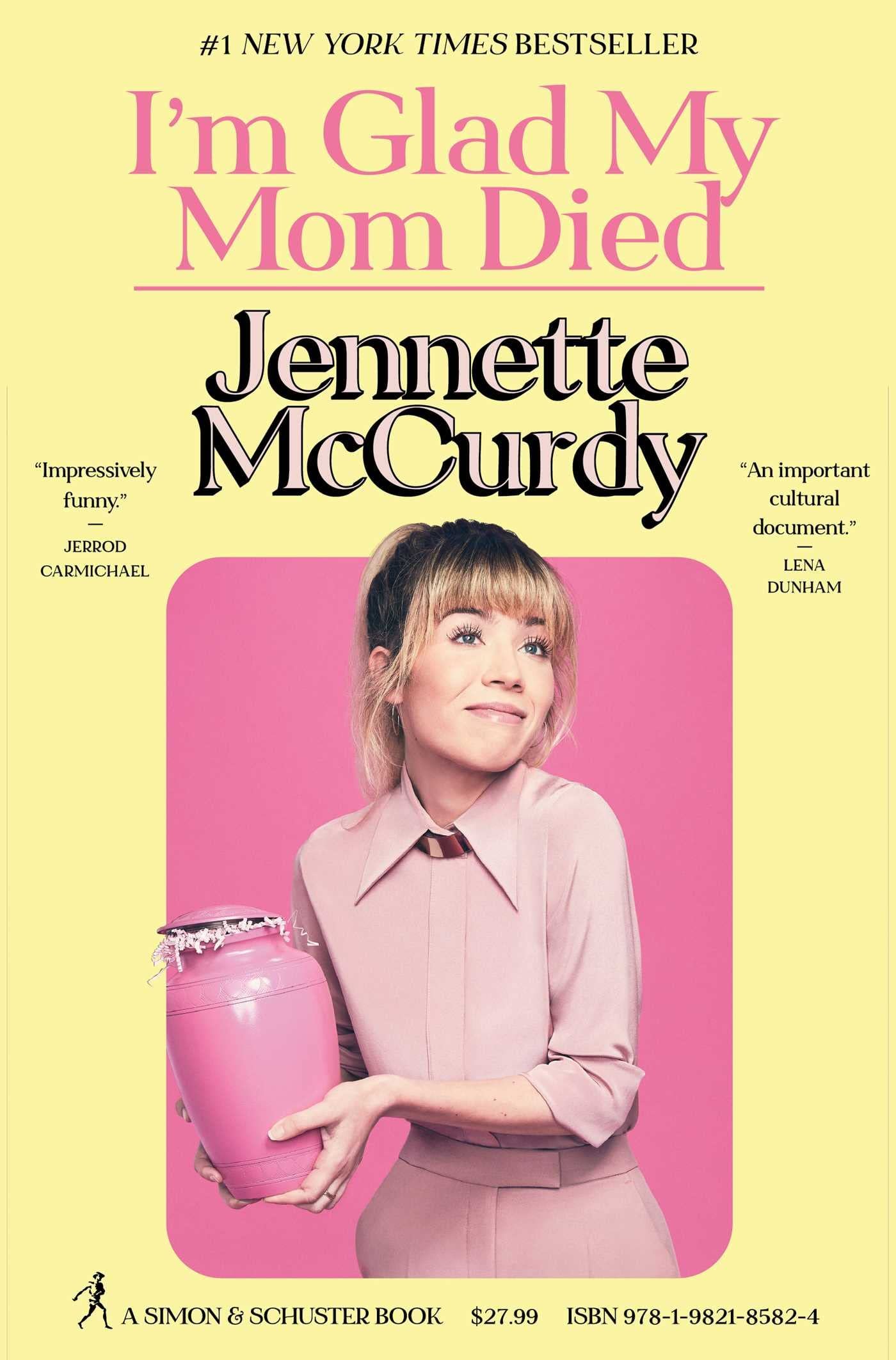5 Mental Health Memoirs Worth Reading
I am a sucker for a good memoir. I have always enjoyed hearing life stories of others. It is probably why I became a psychologist and therapist. I particularly enjoy memoirs that focus on an individual’s struggle with, and hopeful healing from, mental health challenges.
Here are five mental health memoirs that I think are worth reading. This isn’t a “best of” list — just a few I think should be on your shelf.
Darkness Visible: A Memoir of Madness - William Styron
I read this short memoir over twenty years ago and I still remember how it made me feel. Acclaimed author William Styron (e.g., Sophie’s Choice, Confessions of Nat Turner) conveys how utterly dark and hopeless the experience of major depression can be. There was no “reason” for Styron to be depressed, or so it seemed. Styron was at the height of his literary career (and about to receive a prestigious award) when he plunged into a suicidal depression. The incongruity of his mood and positive external circumstances was jarring. But, it reflects a reality that I often see in my practice: People struggling with depression often can’t point to a reason “why”. Eventually, after some reluctance, Styron was able to receive the medical treatment that he needed and recovered.
I Am Glad My Mom Died - Jennette McCurdy
Before I listened to this audiobook (excellently performed by the author) I couldn’t tell you who Jennette McCurdy was, or that she was the young star actor of television shows iCarly and Sam & Cat. I probably wouldn’t have read it if it hadn’t come highly recommended from someone I knew. I figured it was just a cheap and easy Hollywood “my life was so crummy but look what I was able to do” cash grab. It wasn’t. Yes, many aspects of McCurdy’s life were crummy. Most prominent of which was a dysfunctional relationship with her troubled, narcissistic mother. This played a central role in McCurdy’s struggles with addiction, eating disorders, and anxiety. But McCurdy is never self-pitying. And, despite the title, she doesn’t demonize her mother (who undoubtedly had her own difficult life story). McCurdy tells deeply troubling personal stories with darkly honest humor. And it works. I highly recommend the audiobook.
Because We Are Bad: OCD and a Girl Lost in Thought - Lily Bailey
This was an evocative first hand account of what it is like to live with severe Obsessive Compulsive Disorder (OCD). As an adult, Bailey writes about her childhood struggles with obsessional thinking and compulsive behavior. It wasn’t “just” the “I like to keep things in order” type of OCD either. It was the “I am a horrible person and probably murdered someone in my sleep” type. I especially liked the author’s description of her relationship with her therapist over the years, a vital part of her recovery. This is not a “how to” book about treating OCD, but it may provide some comfort knowing that others have had similar experiences and gotten better.
The Hilarious World of Depression - John Moe
The title of John Moe’s memoir about adult depression is catchy but a little misleading. I would argue that it is a little clickbaity too. But, I am glad that I clicked. Depression isn’t funny, but John Moe is. So, I will let the title slide. Moe had a successful public radio career. He also hosts a popular podcast with the same title as his memoir. On it he interviews celebrities about their mental health and depression. What I liked most about the memoir was Moe’s sometimes comical stories about many of the twelve (or more, I lost count) therapists that he saw over the years to treat his depression. He acknowledges that he wasn’t always ready to honestly address his depression in therapy.
Notes on a Silencing: A Memoir - Lacy Crawford
This is a supremely troubling and intense memoir about sexual trauma and institutional cover up at an elite private boarding school. Crawford bravely tells her story of rape with an honesty that I am not sure most people could muster. As is often the case, Crawford’s trauma was multilayered. Victims are often retraumatized when they try to tell their stories. Crawford was ignored, slandered, threatened, gaslit, and shunned when she dared to speak up. This left her struggling with her mental health as she navigated the challenges of young adulthood. The powers institutions use to protect themselves, over the health and safety of individuals, are strong. While some justice is done, Notes on a Silencing demonstrates how the wounds of trauma sometimes never heal completely.
Please note: These books discuss frank themes of depression, suicide, disordered eating, sexual assault, and other traumas that might be difficult for some readers.




